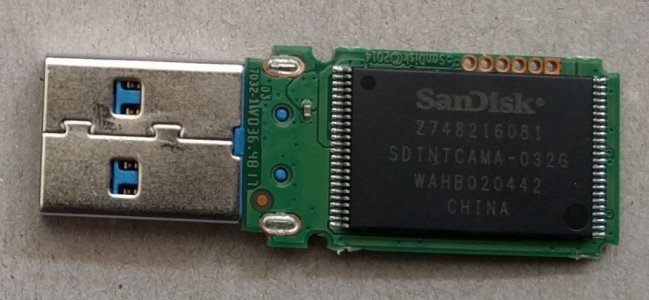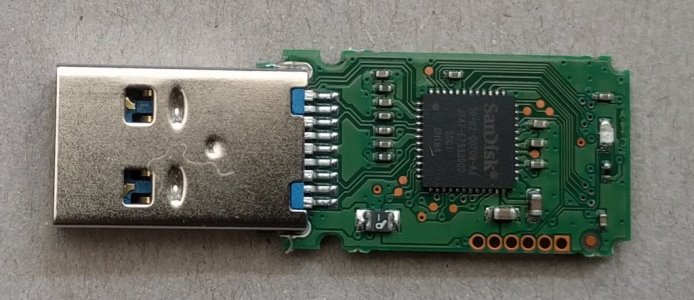drinkingbird
Part of the Furniture
I do have industrial automation device in production and know some practical things different than theory. Moved it out of China for some reasons. I also have purchased from Amazon here in Canada fake SanDisk drives as well as fake capacity drives. Wikipedia doesn't say much about it, but it's a real thing.
I've gotten fake capacity microSD in the past, was actually very common for quite some time. That's one of those things you only buy "sold by" the reputable retailer and not some 3rd party seller. And in the case of Amazon, make sure they didn't send you a 3rd party anyway, as they sometimes combine them all in one bin.
Luckily these days it's all so cheap it isn't as worthwhile to scam.


